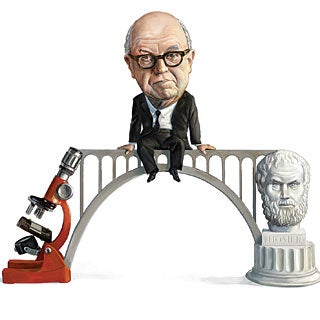- Joined
- Sep 15, 2012
- Messages
- 29,275
- Reaction score
- 10,228
- Location
- Columbus, OH
- Gender
- Male
- Political Leaning
- Moderate
Had an interesting conversation in another thread about a list of 100 books that high school age kids should read. I found that list to be unsophisticated detritus. I’m curious which books other members think should be represented in such a list. What are your top 100?



